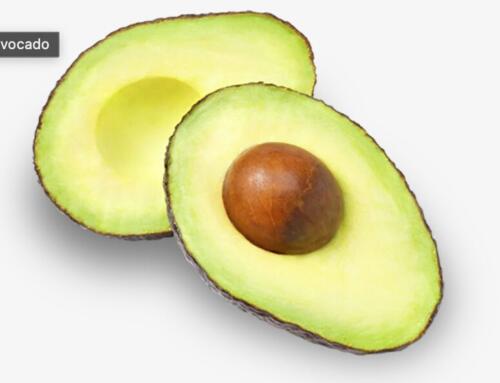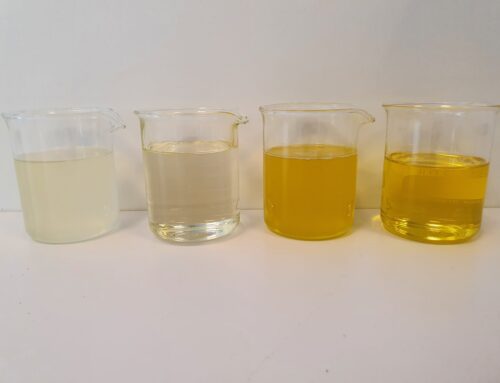Canola Oil the better choice over Vegetable Oil?
By Jackie Greatorex
A curious question I am often asked is what the difference is between vegetable oil and canola oil. How do you choose which oil to use in your product?
Vegetable oil is oil extracted from seeds or from other parts of fruits. Flaxseed, sunflower, and corn oil are examples of vegetable oils made from the seed. Olive, coconut, and avocado oil are examples of vegetable oils made from the fruit. Vegetable oil is a mild, light-colored oil that is commonly used for cooking, frying or other culinary applications. Many people wonder when they buy popular brand pure vegetable oil from the supermarket what it’s made from. Typically, the products that are labeled vegetable oil are 100% soybean oil. In some instances, it can be a blend of other oils with soybean oil, such as corn, sunflower, or safflower oil.
Canola oil is oil extracted exclusively from canola plant, which is a crossbreed of the rapeseed plant. Crossbreeding means to produce by hybridizing two different varieties naturally and does not involve GMOs. The cross breeding was done in the 1960s and 70s in Canada to minimize two key components of rapeseed: glucosinolates and erucic acid. The later, when consumed in high doses is less suited for human consumption. Pure rapeseed oil has an erucic acid level of 43% whereas canola oil, by definition, has to be under 2%.
Is Canola Oil the better choice over vegetable oil? For the sake of this comparison, let’s assume that vegetable oil is pure soybean oil. While the two oils are extremely similar in appearance and taste, there are some notable differences. Both oils are suitable for high-heat cooking but the smoke point for canola is 400 degrees Fahrenheit and most vegetable oils smoke at 450 degrees Fahrenheit. Both oils can be used interchangeably in deep frying, sauteing, baking, grilling and in oil-based recipes such as salad dressing and hummus. The main difference between the two oils is the saturated fat content. Canola oil has a higher ratio of monounsaturated fat to saturated fat, and free of trans fats, which is considered more heart healthy. While vegetable oil has 2 grams of saturated fat per tablespoon, canola oil has only 1 gram. Vegetable oil tends to be the more cost-effective alternative of the two.
No matter which option you choose, to maximize the shelf life of the product, both vegetable oil and canola oil should be stored properly, in a cool, dry place out of direct sunlight.
Spack International has IBC Totes of Organic Canola Oil in stock. Call 833-756-8645 or e-mail info@spack-international.com to inquire about pricing and availability.











